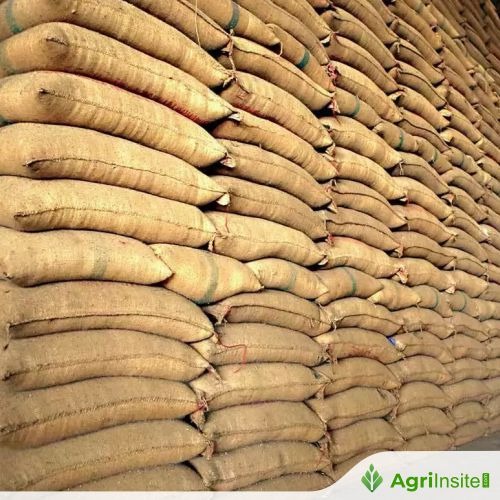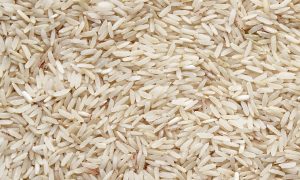Centre has surplus rice and wheat stocks above buffer norms to control inflation: Govt

India has ample rice and wheat stocks—377.83 and 358.78 lakh metric tonnes respectively—well above buffer norms. To stabilize prices, the Centre is selling surplus grains under the Open Market Sale Scheme (Domestic). Initiatives like Bharat Atta and Bharat Rice support affordability, while stock limits aim to prevent hoarding and ensure market stability.
Centre on Monday, July 22, 2025, announced that the country has surplus stocks of rice and wheat, well above the prescribed buffer norms, and measures are being taken to keep prices stable. According to official data, as of July 1, 2025, India’s food grain reserves are robust, with rice stocks standing at 377.83 lakh metric tonnes against a buffer requirement of 135.40 lakh metric tonnes.
Wheat reserves are at 358.78 lakh metric tonnes, while the buffer norm is 275.80 lakh metric tonnes. Together, the total stock of rice and wheat has reached 736.61 lakh metric tonnes, providing a strong cushion for food security.
To manage the surplus and ensure price stability, the government is releasing excess grains into the open market under the Open Market Sale Scheme (Domestic), or OMSS(D). This move is aimed at boosting the availability of wheat and rice in the general market and helping to moderate food inflation. The scheme complements regular welfare programmes and provides a structured mechanism to release surplus food grains without disturbing the buffer norms required for public distribution and welfare schemes.
The government has also launched subsidized food products under brand names such as Bharat Atta and Bharat Rice. Introduced in November 2023 and February 2024 respectively, these affordable staples are being sold through OMSS(D) to support consumers and make essential food items more accessible to economically weaker sections.
To prevent hoarding and speculative stockpiling, Centre has imposed stock limits on wheat across all states and Union Territories. These limits apply to traders, wholesalers, retailers, large retail chains, and processors. This regulatory step is expected to discourage artificial shortages and ensure stability in the market.
With buffer stocks significantly above the required levels, the government has assured that there is no threat to domestic supply. It also emphasized that adequate measures are in place to respond swiftly to any market fluctuations.
To Read more about Rice News continue reading Agriinsite.com
Source : Krishi Jagran
















